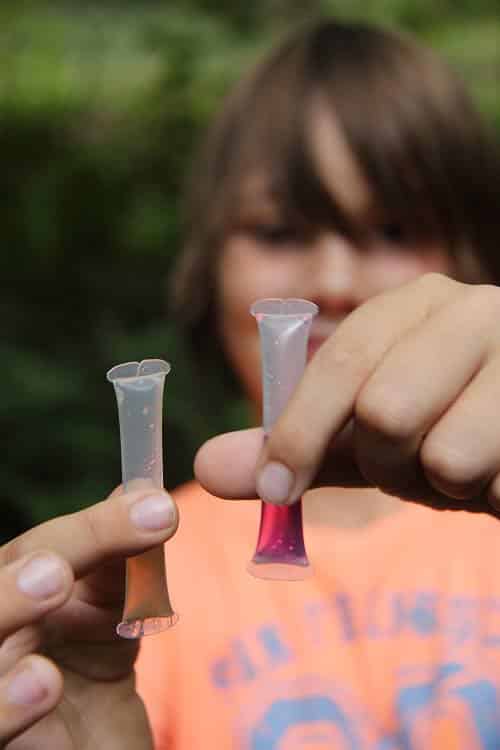Hannah Worker, Project Officer, Freshwater Habitats Trust

Thanks to additional funding from Thames Water and Natural England, we have been able to work with GiGL to identify fantastic clean water habitats, and undertake monitoring surveys for some of the rarest freshwater species in the Greater London area. “Clean Water for Wildlife” is a citizen science survey, collecting important data about nutrient pollution across all types of waterbody: ponds, rivers, streams and ditches.
We provide individuals and community groups with simple test kits to detect two common pollutants which impact upon freshwater life: nitrates and phosphates. We then use this data to identify and protect clean water sites, and better understand how to manage existing sites.
Sadly, very few freshwater habitats are free from nutrient pollution, but it is often difficult to test this without expensive laboratory analysis. The quick kits make this possible, and we aim to survey as many sites and as many habitats as possible. This is the first time this type of data has been collected from many of these habitats.
So far, about 800 water samples have been tested by volunteers in the Greater London area. The results showed that 60% of sites were highly polluted by nutrient pollution, and a further 10% of sites showed at least some evidence of nutrient pollution. This is as expected, as it mirrors the situation for most rivers, streams and ditches in lowland England that are grossly affected by agricultural and urban runoff.
But, the great news is the number of ponds and lakes which are completely free from any nutrient pollution. Of the approximately 200 unpolluted sites in the Greater London area, 86% are ponds or lakes. Mapping by GiGL has shown that the majority of these clean water sites are found in nature reserves, woodlands, green spaces and the London parks. These offer important refuges for freshwater wildlife in the heart of the city.
Interestingly, less than 6% of London’s green space currently supports a pond or other freshwater habitat, so there are opportunities to create new clean water ponds and link the currently isolated clean water sites. We are working with GiGL to produce clean water maps for their online mapping portal. These will be used to identify areas we should be protecting and can be used to plan locations for pond creation which will maximise the benefits for freshwater biodiversity.
